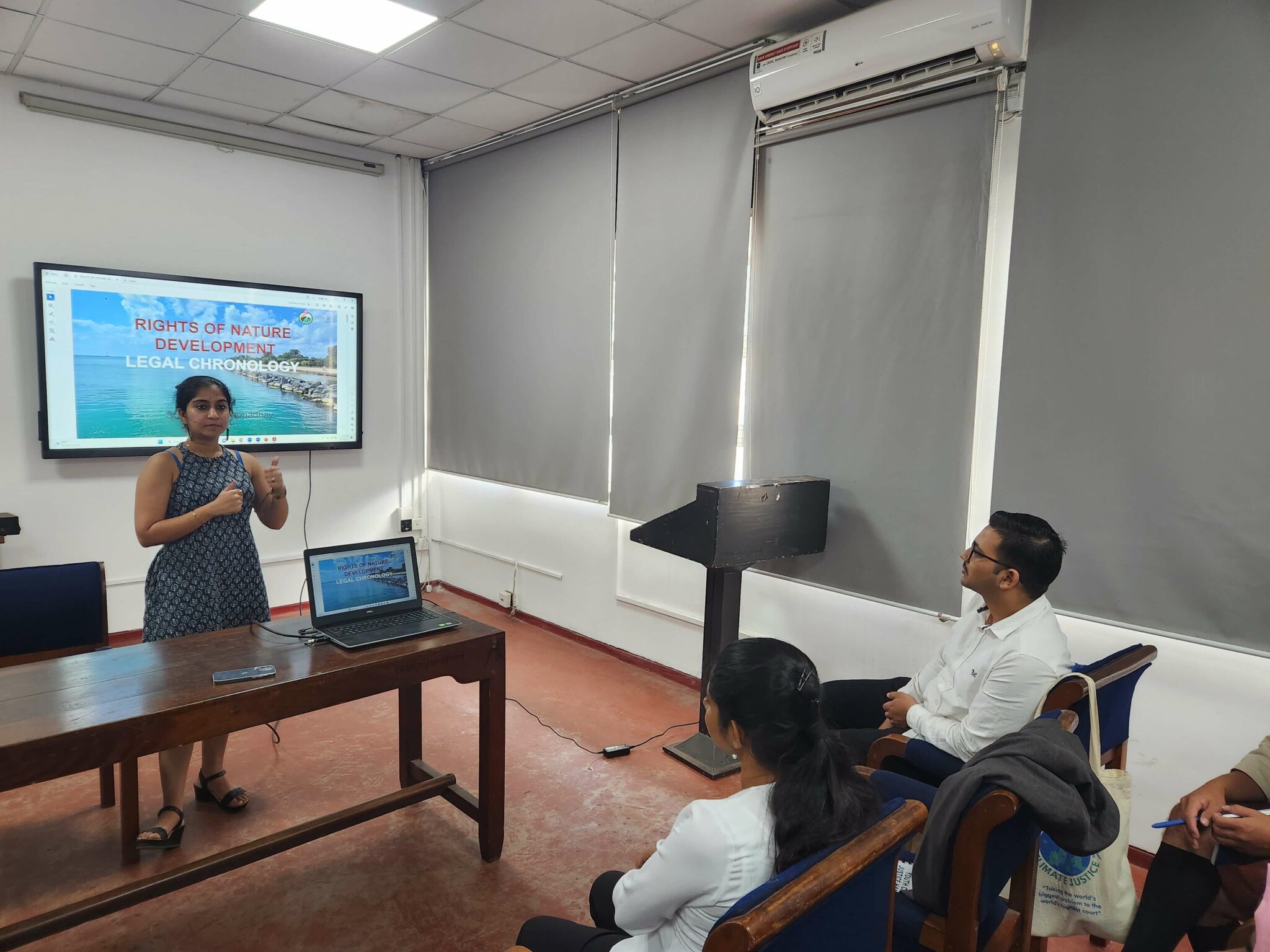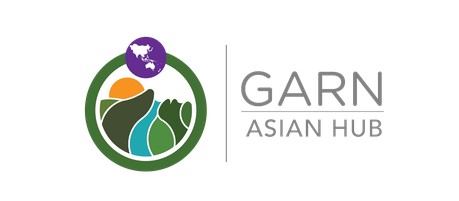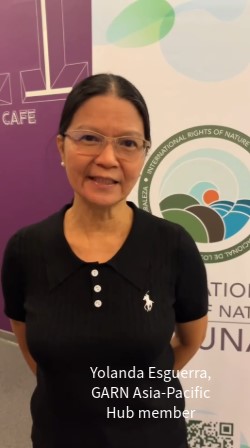

Meet some of Karibu’s bold grantee partners, including the Asia-Pacific Hub of the “Global Alliance for the Rights of Nature”.
The Global Alliance for the Rights of Nature (GARN) is network of organizations and individuals committed to the universal adoption and implementation of legal systems that recognize, respect and enforce Rights of Nature. In October 2022, GARN gathered with the global leaders and members from the larger global Rights of Nature (RoN) movement where it launched its newest “hub” – the Asia-Pacific hub.
The launch of the Hub included a draft of an Asia-Pacific Hub Constitution to guide its work and decision-making; establishing a pre-governance group, and building initial steps for working together. During the last years, the Asia-Pacific Hub has worked on expanding its membership and also has participated in some events like the Asia Solar Energy for Climate Change Conference (ASECCC) 2024 in Hong Kong and the Workshop on Rights of Nature (RoN) and environmental justice with Global Peace Foundation in Nepal.
The Asia-Pacific Hub was officially born in Siena, however, it started over the base of a mapping that had been done by a GARN member who traveled around Southeast Asia, gathering information of potential allies to form a Hub. Additionally, GARN had some founding members in Australia that did not want to create an Oceania hub, but wanted to join a larger region, the Asia Pacific, to make sure they can coordinate actions and exchanges within that large and diverse area of the world.
The Asia Pacific Hub, as other Hubs, has seen in GARN’s International Rights of Nature Tribunals a good opportunity to strengthen organization in the region, educate about the Rights of Nature and raise awareness of the ecocides and violations to Nature happening in the Asia-Pacific region. Inspired by the International War Crimes Tribunal and the Permanent Peoples’ Tribunal, and established by citizens to investigate and publicize human rights violations, the Global Alliance for the Rights of Nature (GARN) created an international governing institution: the International Rights of Nature Tribunal. Just as the War Crimes Tribunal and the Permanent Peoples’ Tribunal provided social pressure to create and strengthen international human rights law, this Tribunal was designed to foster international Rights of Nature law. The Tribunal has been created to provide a systemic alternative to the false solutions and failed negotiations of governing Nation States: the Rights of Nature. It was officially established in January 2014.
The Tribunal aims to create a forum for people from all around the world to speak on behalf of Nature, to protest the destruction of the Earth, destruction that is often sanctioned by governments and corporations, and to make recommendations about Earth’s protection and restoration. Instead of organizing a regional Tribunal, as originally planned, GARN Philippine partners submitted their case to the Judge’s Assembly of the International Rights of Nature Tribunal.
In September 2024, Yolanda Esguerra, Asia-Pacific Hub member, participated in the 6th International Rights of Nature Tribunal held in New York as part of Climate Week to call for a transition from fossil fuels and advocating for the Rights of Nature as a key response to the climate crisis. Yolanda presented the case “Oil Spill Verde Island Passage & Manila Bay Oil Spill“. This case directly affects the heart of the Coral Triangle in the western Pacific Ocean, where the Green Island Passage is located. The VIP is a marine corridor that harbors more than 300 species of coral, underwater rocky canyons and reef formations, as well as 60% of all known coastal fish species in the world within a ten-kilometer area. This makes the VIP the most biodiverse marine habitat in the world, making it comparable to nothing less than the Amazon of oceans.
Already confronting numerous threats from climate change and economic activities as one of the busiest sea lanes in the country, VIP finds itself in great peril today as one of the four provinces in its vicinity, Batangas, is rapidly turning into the hotspot of the operation and expansion of a destructive industry: liquefied natural gas (LNG) and fossil gas.
In its brief history, the Asia Pacific Hub has launched several significant initiatives, including two in-person outreach programs in Nepal and Sri Lanka, attended by NGOs and youth organizations focused on environmental justice. In February 2023, the Hub collaborated on the World Social Forum in Nepal. It also supported a community-led Rights of Nature project titled “Sacred Territories and Exploration around Rights of Nature,” led by Shrishtee Bajpai in the Kashmir region of NW India, which emphasized sacred territories and Indigenous worldviews. Additionally, the Hub, in partnership with the Youth Hub and NUJS Legal Aid Society, hosted a workshop on Rights of Nature in Kolkata, West Bengal.
The Hub’s facilitators have played a crucial role in creating materials for the study and dissemination of RoN, with contributions from Candy Hindalgo in the Philippines and Dr. Somabha Bandopadhyay at various international conferences. Looking ahead, the Hub is planning several outreach programs in schools and colleges and aims to hold an in-person meeting early next year.
Written and prepared by Global Alliance for the Rights of Nature, Asia-Pacific
September 2024

